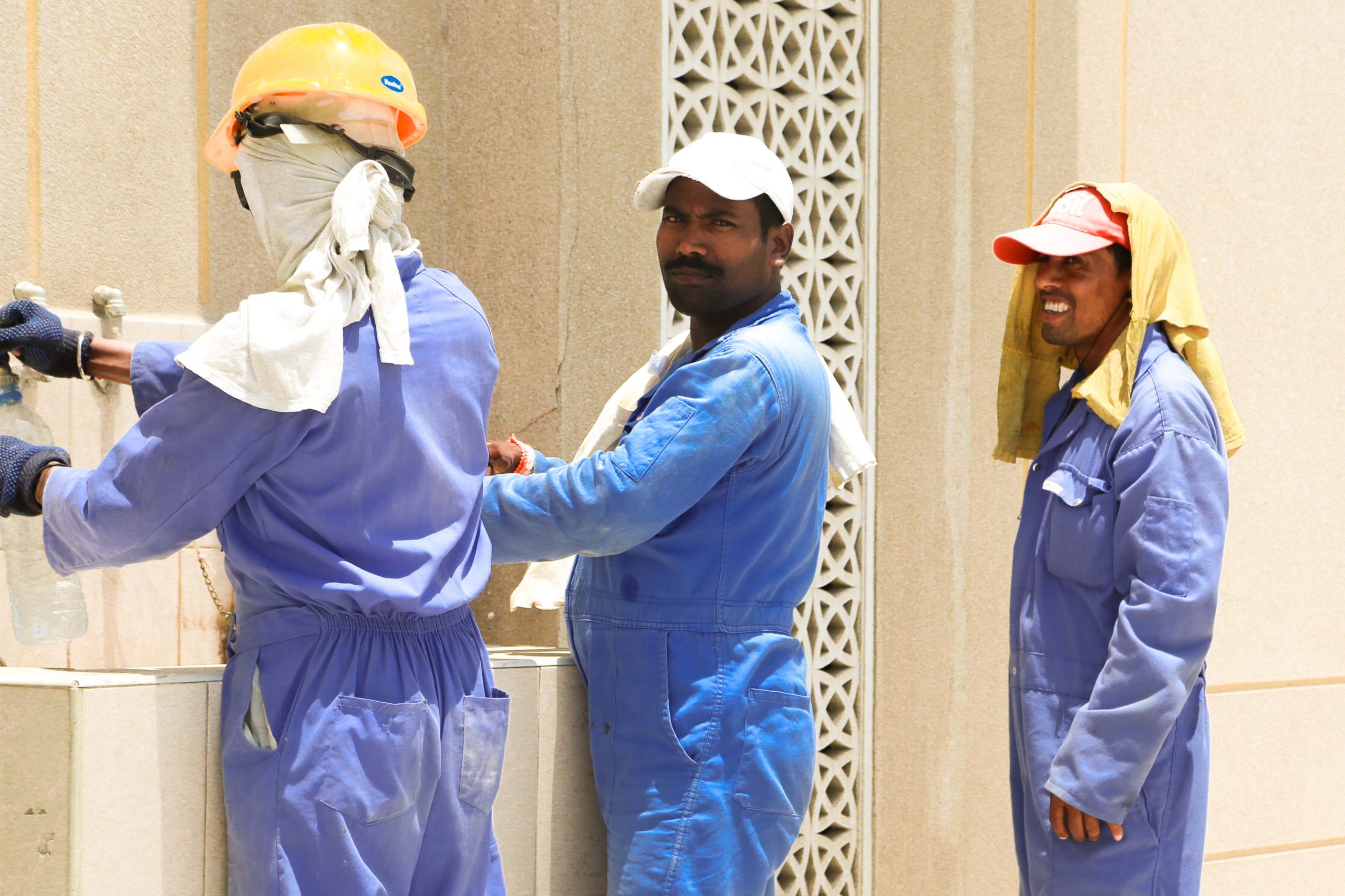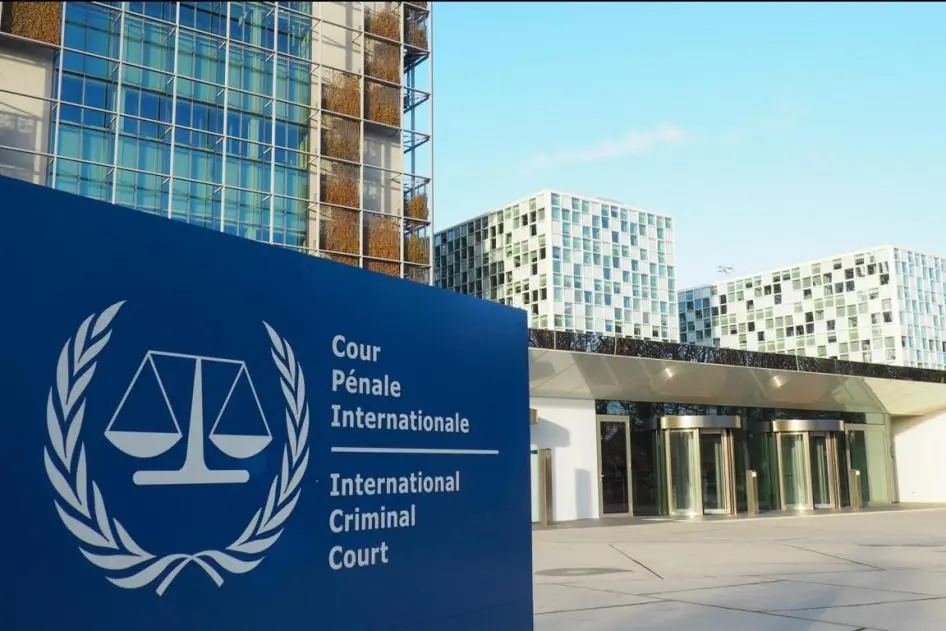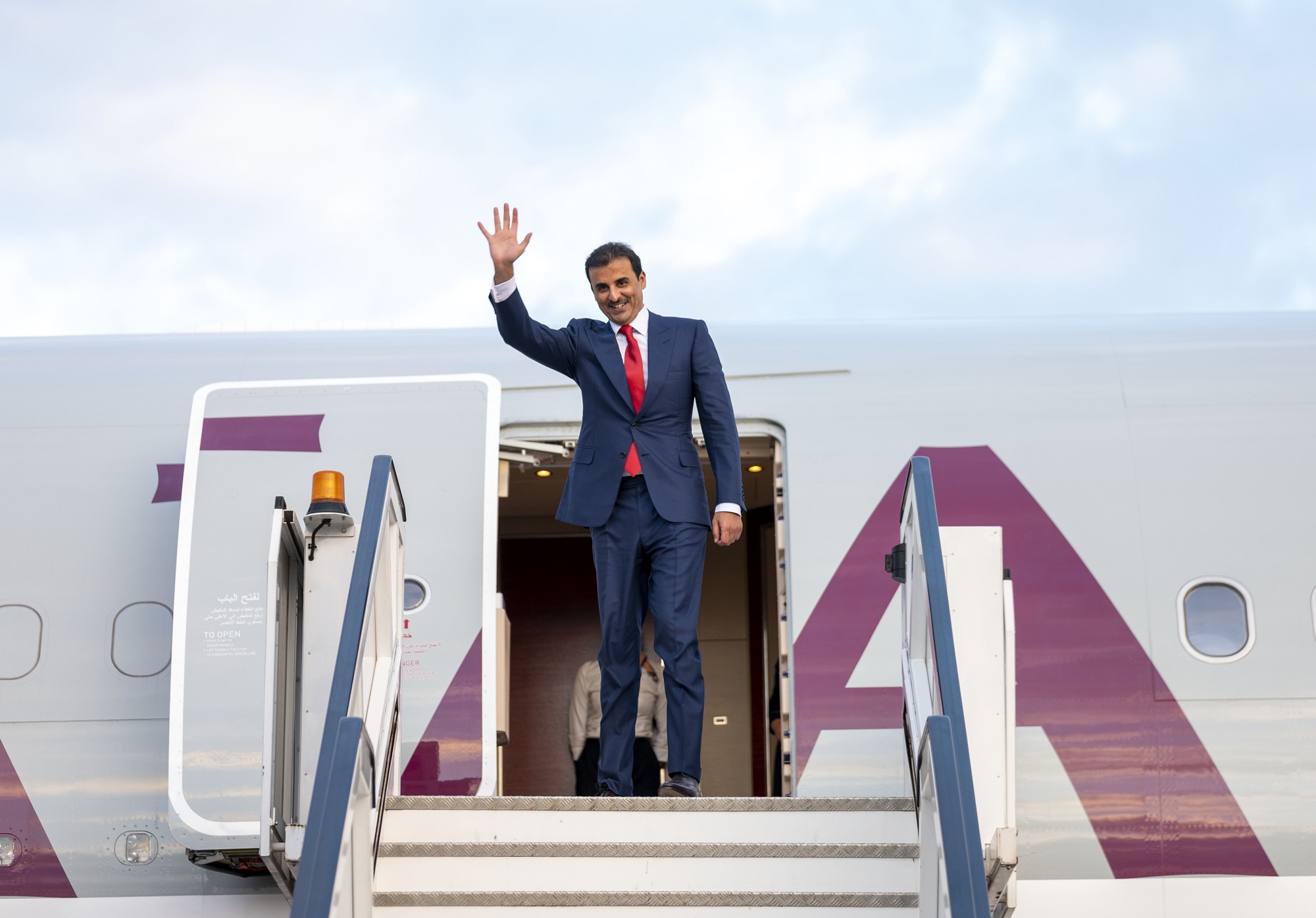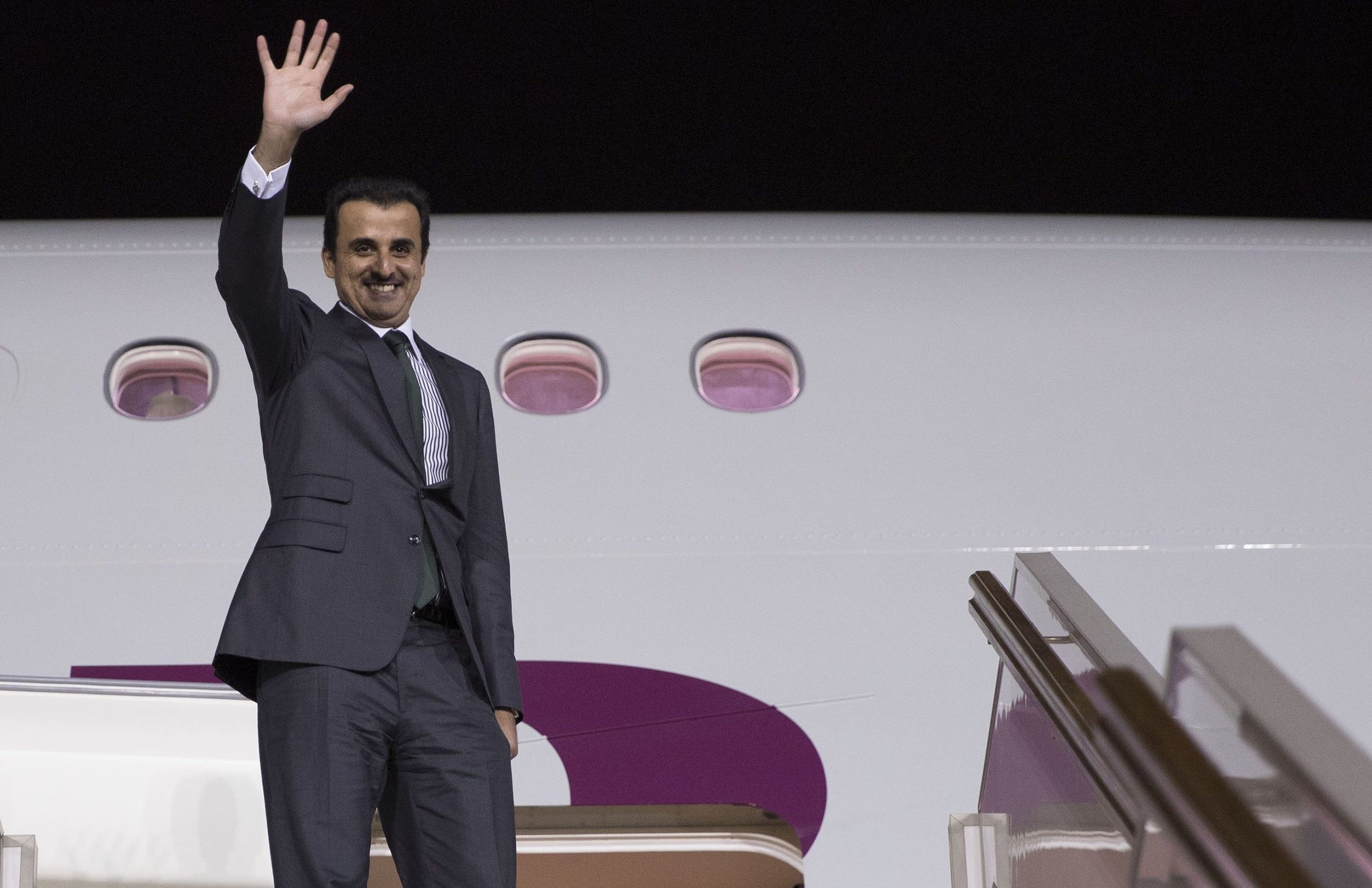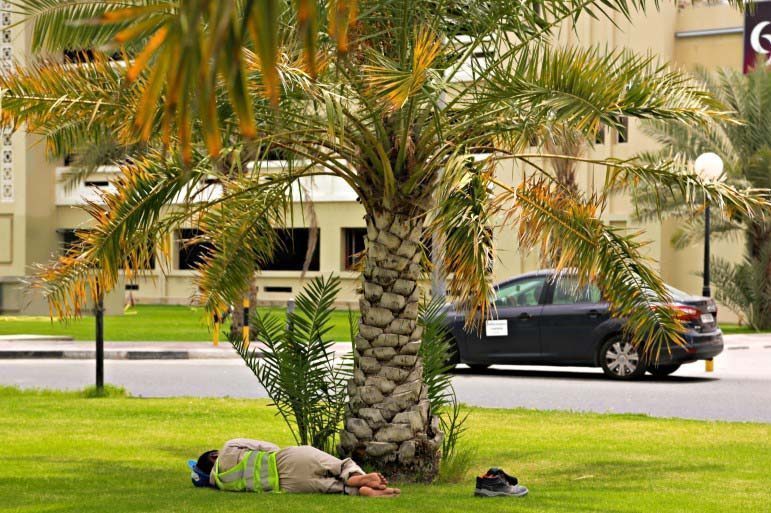
For the second year in a row, Qatar has been put on the US State Department’s “watch list” for insufficient efforts to combat human trafficking.
In its newly released 2015 Trafficking in Persons Report, the US said Qatar continues to be ranked in the third-worst out of four classifications for “not fully complying with the minimum standards for the elimination of trafficking.”
The report ranks 188 countries by classifying the ones that do the most to fight forced labor in tier one, and the least in tier three. Tier two includes a watch list for nations in danger of dropping to tier three.

Qatar was downgraded last year from tier-two, the current classification of the UAE and Oman.
Meanwhile, Bahrain showed an improvement this year, moving from the tier-two watch list to tier-two.
And Saudi Arabia moved up from the worst classification to the tier two watch list. Kuwait was once again ranked tier three, a designation for governments “who do not fully comply with the minimum standards and are not making significant efforts to do so.”
Overall, some 18 countries were upgraded and 18 others downgraded this year.
Fewer convictions
According to the report, Qatar’s government said that it did not convict any trafficking offenders in 2014, in comparison with nine convictions the year before. It continued:
“The government reported 422 identified trafficking victims, 228 of which were victims of forced labor, a substantial increase from 62 reported the previous year. Nonetheless, this did not correlate with an expected increase in law enforcement efforts to address forced labor crimes.”
Meanwhile, no employers or recruitment agencies have ever been prosecuted under the country’s anti-trafficking law, and “other existing labor protections remained weak and favored the employer,” the report stated.

However, the State Department did point out that Qatar is making some strides toward improving the labor situation here, including increasing inspections on work sites and ratifying legislation that would require employers to pay workers via direct bank deposit.
However, this electronic wage payment system – designed to eradicate the problem of late or non-payments – has yet to take effect in the country, with the grace period for large companies ending next week.
According to the report, the government also increased its budget to support the Qatar Foundation for Protection and Social Rehabilitation’s (QFPSR) anti-trafficking efforts, from QR2.8 million in 2013 to QR3.2 million last year.
Recommendations
To help tackle issues of forced labor, the US recommended Qatar abolish or significant overhaul its sponsorship laws, and increase efforts to investigate and prosecute traffickers.

The report added that the problem is not with the law in many regards – Qatar enacted strict anti-trafficking legislation in 2011, which could result in up to 15 years in jail and stiff fines for those found guilty of the crime.
There is also legislation that prohibits the withholding of passports, but the government has not reported finding people guilty of either offense.
Additionally, because domestic workers are not part of the labor law, they continue to be particularly vulnerable to forced labor. Thus, the report’s authors recommended extending the labor law to include this segment of the population.
Looking ahead
This is Qatar’s second year on the watch list. According to CNN, a country has to move up or down after two years in this designation, as per State Department rules.
How Qatar will fare next year likely depends on whether it enacts long-awaited changes to its kafala sponsorship system.

The changes would make it easier for expats to leave the country and change jobs.
Though the Advisory Council has expressed reservations about the draft legislation, members signed off on it earlier this month, and officials have promised a final version of the draft will be completed by the end of this year.
Even if Qatar is downgraded in 2016, the move will likely have little economic impact.
Countries in the third tier are subject to US sanctions, including the withholding of financial aid, unless American officials deem it’s in their national interest to continue providing monetary support.
However, Qatar is an extremely wealthy country that hosts the largest US air base in the Middle East, so any downgrade would most likely serve as a blow to its reputation, as opposed to its bottom line.
Here’s the full report:
Thoughts?

